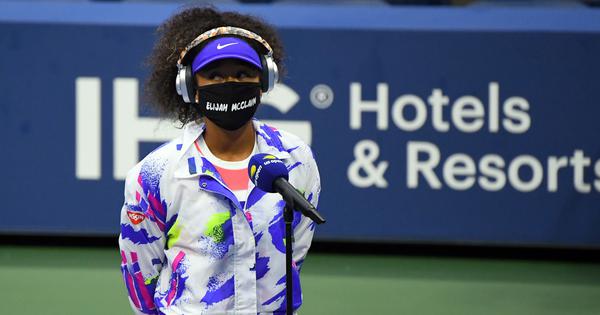
The International Olympic Committee (IOC) has long tried to insulate itself from politics in society, but wider issues have always been a part of sport – including the Olympics.
Sometimes political statements have been subtle and accommodated by the IOC, such as Cathy Freeman’s victory lap at the 2000 Sydney Olympics, with the Aboriginal and Australian flags draped on her shoulders — a symbol of hope for reconciliation.
The Olympics have, of course, also been subject to more confronting actions: Nazi salutes at the 1936 Berlin Games, political boycotts of the 1980 and 1984 Games and a terrorist attack at the 1972 Munich Games.
While the IOC advocates for political neutrality, the Olympics are inherently contested terrain — a celebration of athleticism and, by virtue of national teams, a stage for geopolitical triumphs and tensions.
Athletes are obviously individuals and,…
